I’ve had a turbulent relationship with food since I was 12.
Whenever I’d face a challenging situation in my life – I’d turn to food for consolation.
Whenever I’d get stressed, overwhelmed, scared, insecure, or just hurt, I’d reach for food as it would always provide a “safe place.”
Such compulsive behavior is what happens when you need the familiarity of something predictable. And even though food has actually made me feel worse about myself for the better part of my life, at the same time it has always been that “known and familiar” space, where I’d go, whenever I’d feel afraid of the unknown.
For over 15 years, food has brought me “comfortable discomfort.”
It’s felt painful to know that my relationship with food would never look and feel like what “normal” people’s relationships with food look and feel like. Because to me, food has been what alcohol is to alcoholics, what drugs are to addicts, what excessive shopping is to shopaholics.
Food has been my escape. Paradoxically, it’s also been my personal prison.
I’ve done everything imaginable to break free from its hold on me. And yet, even if I ever managed to sustain a relatively healthy relationship with it for a while, something would always happen that would remind me that food was and always will be my weakness, and that as hard as I try, it will always have an emotional and psychological impact over me.
For way too long, I really believed that my relationship with food made me weak.
I believed that I was bugged.
That this was a disadvantage that I had to get rid of, in order to live a normal life.
And then I changed my perspective.
I realized that my unorthodox and somewhat dependable relationship with food was never really a bug, but rather a feature. A blessing in disguise.
It was the reason why I started paying more attention to food and it’s psychological and emotional aspect than most people do in the first place.
And it has been the main driving force behind what has become my life’s work – writing books, organizing workshops, setting trends in the food design realm, exploring the role of food beyond the plate, and designing solutions for people to learn how to use it as an ally in their long-term health and wellness strategy, and as an instrument for cultivating internal harmony.
With time I realized that I was not doomed.
I realized that this was not a sentence.
I realized that this was an opportunity for me to explore my vulnerabilities and most intimate characteristics, fears, desires, and talents in the context of something that had for a long time controlled my life. But that also had the potential to catalyze my creativity, inspiration, and passion.
And just as I stopped trying to “fix” myself and started exploring how to “tame the beast,” rather than get rid of it, I realized that food was never really my enemy.
It was never my problem.
I had subconsciously believed that it could be the solution to many of my problems, but it never really was.
What it was, though, is a placeholder.
It was something that I needed to approach with curiosity, patience, and sympathy, not with fear, hate, and criticism.
And when I started doing that, my life transformed.
My relationship with food changed from a suffocating to an empowering one.
The bug became my best feature. I learned how to use food as my unique language for communicating my messages, beliefs, and philosophy.
And my relationship with food gradually changed from being my biggest weakness into being my biggest strength.
It takes time to realize that the experience of pain is nothing other than something in our lives, which requires attention and change – a change in our attitude towards it, a change in our belief system, a change in our behavior.
Pain requires patience. It asks us to look beyond what we’ve seen before in that painful place and search for a solution in places that we never thought of before.
If food causes you pain and suffering, think about what’s on the other side of it.
Think about whether there may be a place in your life, which requires your attention.
Maybe then you’ll slowly realize that it was never food that caused you that pain in the first place, but it was merely a camouflage for some fundamental issues and challenges that you didn’t dare admitting in front of yourself.
Sometimes, the healthiest thing we can do is stay patient in the presence of pain and listen to the lessons that it’s trying to teach us.
What is your relationship with food trying to teach you about who you are and how you’re living your life?
Are you ready to listen?
The choice is yours.

Sofia Yotova
Inspiration.Passion.Humility.
I am the CEO & Founder of Foodie Boulevard – a disruptive organization that explores the role of food beyond the plate as foundational long-term strategy for personalized healthcare and wellness.
Our mission is to develop solutions that help our audience use food as an interactive educational tool, a powerful epigenetic factor, and a healing mechanism for people struggling with eating disorders.
I am a published author, blogger, lecturer, and workshop organizer. I am a certified Eating Psychology Coach by the Institute for the Psychology of Eating in Colorado and Jamie Oliver’s Food Revolution Ambassador.








